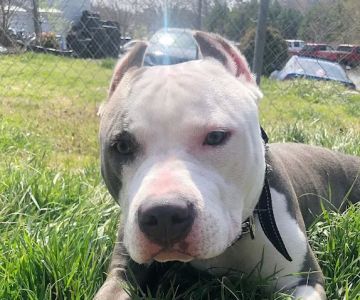- 1-Morning-Preparations-and-Farm-Visits
- 2-Diagnosis-and-Treatment-on-the-Field
- 3-Emergency-Calls-and-Unexpected-Challenges
- 4-Client-Interactions-and-Education
- 5-Reflections-and-Professional-Insights
1. Morning Preparations and Farm Visits
The day of an equine veterinarian often starts early with preparing medical kits, reviewing the schedule, and planning farm visits. Equine vets travel extensively, visiting stables, farms, and racetracks to attend to horses in their natural environments. This phase sets the tone, requiring organization and readiness for various cases.
1.1 Organizing Equipment and Medications
Careful preparation of diagnostic tools, vaccines, and treatment supplies ensures efficiency during farm visits. Vet techs and assistants often help pack the mobile clinic for a full day on the road.
1.2 Traveling to Multiple Locations
Visiting different farms requires flexibility. Each location presents unique challenges, from varied facilities to diverse horse breeds and conditions.
2. Diagnosis and Treatment on the Field
Once onsite, the equine veterinarian performs physical exams, collects samples, and interprets symptoms to diagnose health issues. Treatment may include wound care, lameness evaluations, or administering medications.
2.1 Utilizing Advanced Diagnostic Tools
Portable ultrasound machines, digital X-rays, and blood analyzers assist vets in making accurate diagnoses quickly.
2.2 Case Example: Treating a Suspicious Lameness
Recently, an equine vet encountered a show horse with subtle lameness. After a thorough exam and imaging, the vet identified a minor tendon strain and prescribed rest combined with targeted therapy, allowing a full recovery.
3. Emergency Calls and Unexpected Challenges
Equine vets must be prepared for emergencies such as colic, fractures, or foaling complications. These urgent calls often come at odd hours and require swift, decisive action.
3.1 Managing High-Stress Situations
Veterinarians rely on experience and calm decision-making to stabilize horses and advise owners during critical moments.
3.2 The Reward of Saving Lives
Despite challenges, the gratitude of clients and the success of treatments make these high-pressure situations deeply rewarding.
4. Client Interactions and Education
Communicating with horse owners and trainers is vital. Equine vets explain diagnoses, discuss preventive care, and offer guidance on nutrition, exercise, and stable management.
4.1 Building Trust Through Clear Communication
Successful veterinary care depends on educating clients and fostering collaborative relationships for ongoing horse health.
5. Reflections and Professional Insights
A day in the life of an equine veterinarian is both demanding and fulfilling. It requires a blend of medical expertise, empathy, and adaptability. For those passionate about horses and veterinary medicine, this career offers unique rewards and continual learning.
If you’re inspired by the dedication of equine vets and want to support your horse’s health, exploring trusted veterinary products and services is essential. High-quality supplements, diagnostic tools, and expert veterinary care can make a real difference. Start your journey to better equine health today by discovering reliable resources tailored for horse owners.











